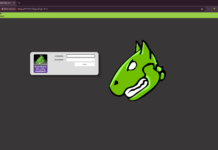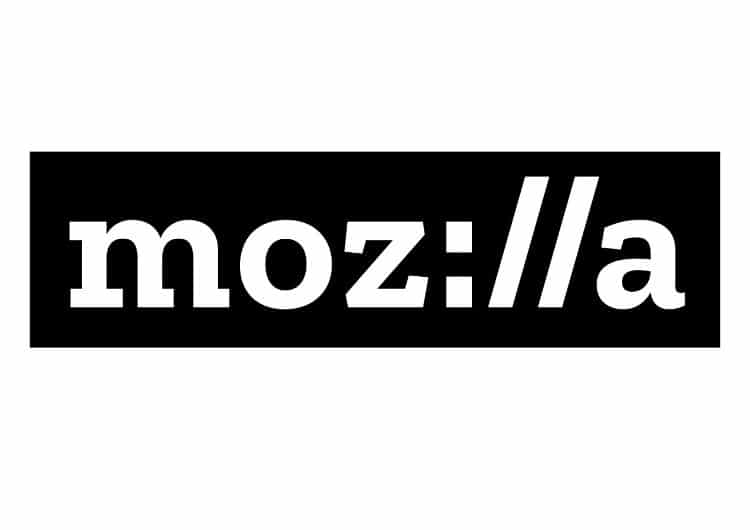Kata Containers is new container technology that combines technology from Intel Clear Containers with runV from Hyper. Managed by a community, the objective of Kata is to deliver speed and security.
Ever since Linux containers were launched with Docker, containerisation has become a full-fledged domain. Containers are now used in a number of applications and, as in the case of all developing technologies, real-life challenges linked to performance and security have begun to matter with containers as well.
Intel has been working on the Clear Containers Project for some time to address security concerns within containers through Intel Virtualization Technology (Intel VT). This essentially offers the capability to launch containers as lightweight virtual machines (VMs), providing an alternative runtime, which is interoperable with popular container environments such as Kubernetes and Docker. At the same time, the Hyper community has been working on providing the alternate OCI-compliant runtime to run containers on hypervisors, with a few limitations caused by the current incompatibility between hypervisors and containers.
In recent times, it’s been noticed that single vendor open source projects and communities do not attract many contributors due to their inherent vendor-specific policies. There has always been a need for an open source community to build these projects up, along with the current set of contributors, and drive further collaborative innovation.
During the last KubeCon, OpenStack Foundation announced a new initiative aimed at unifying the speed and manageability of containers with the security advantages of virtual machines (VMs). This was called Kata Containers.
What are Kata Containers?
Kata Containers is an open source project and community, working to build a standard implementation of lightweight virtual machines (VMs) that feel and perform like containers, but provide the workload isolation and security advantages of VMs. Intel is contributing Intel Clear Containers technology and Hyper is contributing the runV technology to initiate the project. The Kata Containers community will initially merge both the technologies at their current state to provide light and fast VM based containers
An overview of the project
The Kata Containers project will initially comprise six components, including the agent, runtime, proxy, shim, kernel and packaging of QEMU 2.9.The initial set of projects is essentially based on projects from contributing projects like Clear Containers or runV. It is designed to be architecture agnostic, run on multiple hypervisors and be compatible with the OCI specifications for Docker containers and CRI-O for Kubernetes. For now, Kata will only run on chips based on the x86 architecture and will only support KVM as its hypervisor. The plan is to expand support to other architectures and hypervisors over time.
For users, Kata Containers does not yet provide an installation option directly. Users can either install Clear Containers or runV, since both projects will provide a migration path to Kata Containers at a later date.
The community
Kata Containers is hosted on GitHub under the Apache 2 licence. While it will be managed by the OpenStack Foundation, it is an independent project with its own technical governance and contributor base. The Kata Containers project is governed according to the ‘four opens’— open source, open design, open development and open community. Technical decisions will be made by technical contributors and a representative architecture committee. The community also has a working committee to make non-technical decisions and help influence the project’s overall strategy, including marketing, communications, product management and ecosystem support.
Contributing to Kata Containers
Kata Containers is working to build a global, diverse and collaborative community. If you are interested in supporting the technology, you are welcome to participate. There is a requirement for contributors with different expertise and skills, ranging from development, operations, documentation, marketing, community organisation and product management. You can learn more about the project at katacontainers.io, or view the code repositories on GitHub (https://github.com/kata-containers) to contribute to the project. You can also talk to fellow contributors on Freenode IRC: #kata-dev or Kata Containers Slack (https://bit.ly/KataSlack) or subscribe to the kata-dev (http://lists.katacontainers.io/cgi-bin/mailman/listinfo)mailing list.















































































[…] published at opensourceforu.com on May 11, […]